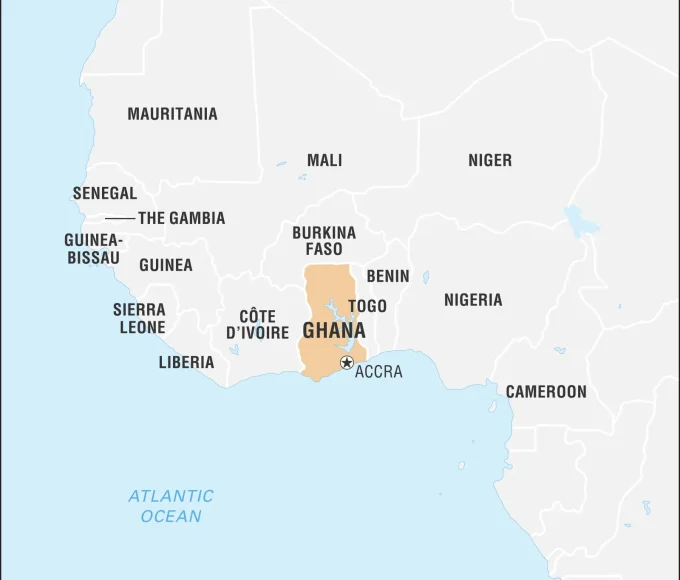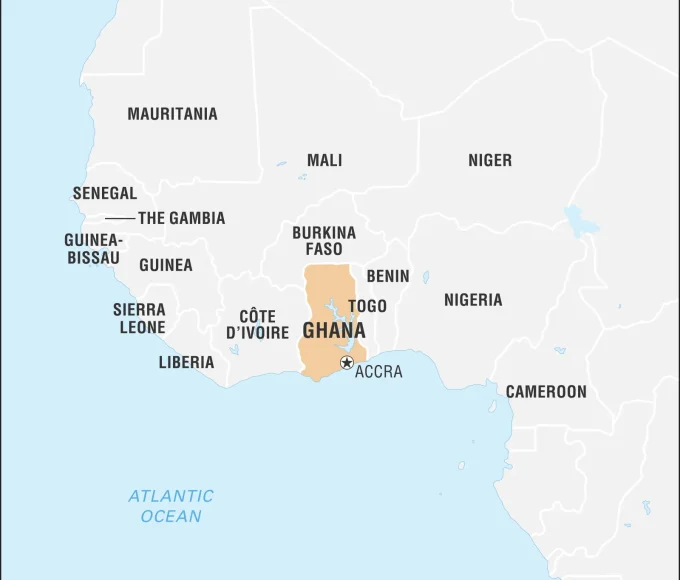
Study Reveals Inconsistent Enforcement, Low Awareness, Limited Access In Nigeria’s Sickle Cell Disease Management

A recent study conducted by the Nguvu Collective has revealed challenges and gaps in Nigeria’s approach to managing, preventing, and controlling Sickle Cell Disease (SCD).
The study, led by Nguvu Change Leader Onor-Obassi Egim Tawo, examined the existing laws in four Nigerian states—Kano, Anambra, Kaduna, and Abia—highlighting the dire need for a unified national strategy to tackle the high prevalence of SCD in the country.
Sickle Cell Disease, a genetic disorder that primarily affects individuals of African descent, causes severe pain, organ damage, and reduced life expectancy. With Nigeria holding the highest global burden of SCD, the report notes that around 150,000 children are born with the disease every year, contributing to high morbidity and mortality rates.
The study uncovered disparities in the enforcement and awareness of laws that mandate premarital genotype screening aimed at reducing the incidence of SCD.
The findings pointed to inconsistent implementation of these laws, with states like Anambra showing higher public awareness due to active advocacy, while Kaduna struggled with a lack of awareness and proper enforcement.
Public awareness also varied significantly between urban and rural areas, where information on premarital genotype screening was less accessible.
The report also raised concerns about the ethical implications of mandatory testing, noting that some couples with incompatible genotypes might feel pressured to avoid marriage, limiting their freedom to make informed choices.
Additionally, access to genotype screening services was limited, especially in remote regions, where healthcare facilities often lacked the equipment necessary for accurate tests.
In response to these findings, the report made several recommendations, including launching targeted public awareness campaigns to improve understanding of SCD and the importance of genotype screening.
It also emphasised the need to equip healthcare workers and community leaders with the knowledge to counsel individuals properly.
Expanding access to affordable screening services, particularly in underserved areas, and developing ethical guidelines to protect individuals from discrimination were also suggested.
The report called on lawmakers, healthcare providers, and advocacy groups to collaborate in creating a standardised national policy that addresses these systemic issues and promotes best practices for managing SCD in Nigeria.
Read: Ghana’s NDC Party Protests Irregularities With Voters Register
About The Author
Related Articles
Ghana Begins Boundary Pillar Project Along Côte d’Ivoire Border
Ghana has announced plans to begin construction of boundary pillars along its...
ByWest Africa WeeklyFebruary 16, 2026Nigeria to Face Ghana and Senegal in New CAF Nations League
Nigeria will face Ghana and Senegal in the newly introduced CAF Nations...
ByWest Africa WeeklyFebruary 16, 2026Ghana Set to Become Africa’s Eighth Largest Economy
Ghana is projected to become the eighth-largest economy in Africa by 2026,...
ByWest Africa WeeklyFebruary 16, 2026Ghanaian Tomato Traders Attacked in Burkina Faso
Several Ghanaian tomato traders were attacked in Burkina Faso, raising fresh concerns...
ByWest Africa WeeklyFebruary 16, 2026











